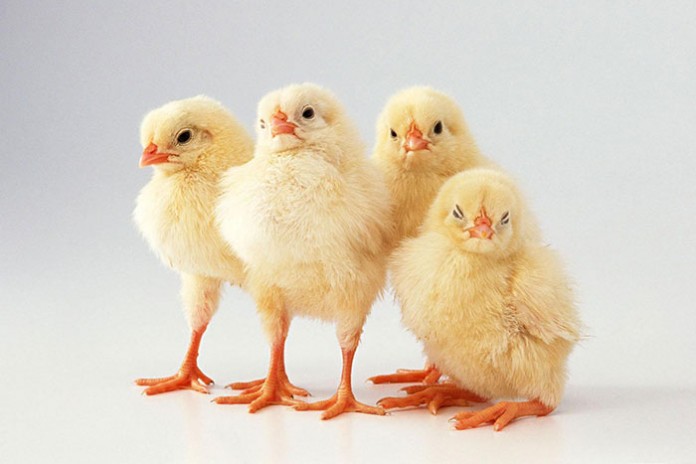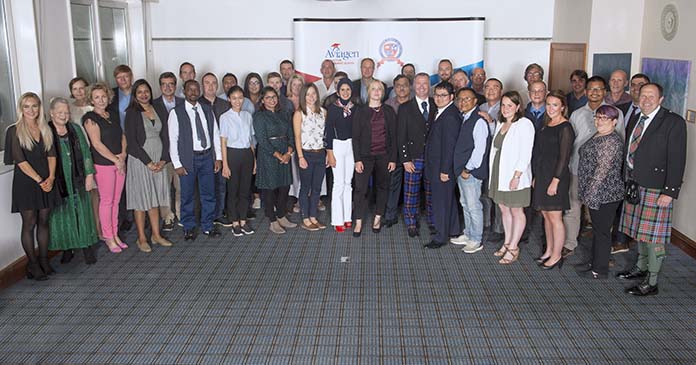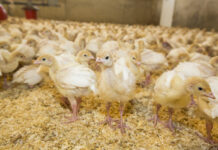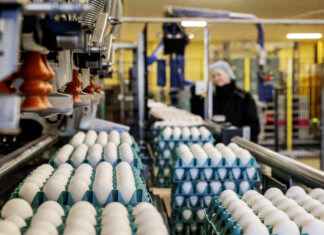
In August Aviagen® customers from 22 countries throughout Europe, the Middle East and Africa (EMEA) as well as Asia attended the 8th Breeder Module of the EMEA Production Management School. Together with their tutors and industry colleagues, students explored breeder management topics with two-pronged benefits: balanced performance, health and welfare, along with high economic returns for producers.
To achieve these goals, the training covered the latest developments in breeder nutrition, health, ventilation, rearing and laying management. At the same time, it addressed the importance of effective data analysis, key performance indicators and other profit drivers in the chicken value chain.

Innovative learning technique
The EMEA Schools are experiencing widespread success due to their unique, hands-on and collaborative training methods. Presented with real-life case studies, students of both the Breeder and Broiler Schools investigate issues and agree as a team on the best solutions to solve them. Together they work toward the common goal of optimizing broiler and breeder management in a realistic farm scenario.
School Director Glenn Bushell explains that the common thread uniting the students and tutors alike is that, “The interaction among students and tutors during the EMEA Breeder Module was exceptional. It’s rewarding to see global poultry people coming together and working as a unit to enhance the performance of Aviagen birds. Of course, the ultimate reward is the idea-sharing that takes place and lifelong friendships that are built during the learning journey.”
Alan Thomson, General Manager of Aviagen UK Limited, added, ”Our EMEA School goal is to provide an environment to learn, exchange knowledge, and of course, enjoy the experience. While all students have different objectives, the overriding target is the same: the success of their businesses and the global poultry industry, coupled with personal development. Our wish for our students is that the learning doesn’t stop at the end of the School, but instead that they apply the best practices toward continuous improvement of their businesses, and keep up an ongoing connection and collaboration with their fellow students from around the globe.”
Students react to School
Diana Szentmiklosi, a Veterinarian on the staff of Baromfi-Coop Kft., in Hungary, shares her most important takeaway from the course: “If you want to solve a problem, you can’t focus on one thing, but instead must use a wide-angle lens and take multiple parameters into account. I can apply this principle to my job and to my life as well.”
“The course provided beneficial practical advice, such as the attention that must be shown to birds, particularly in the first weeks of rearing and brooding”, commented Jenni Martikainen of DanHatach in Finland.
Soudeeka Sewnundun-Runghien, Live Bird Production Manager for Innodis Poultry Limited in Mauritius, added, “The main learning for me is the high importance of detailed data analysis to improve the key performance indicators (KPIs) in our breeding operation.”
“I was inspired by many ideas at the EMEA School, that I plan to implement on my farms: how to select the best males, the importance of good gut health and how to achieve it, the effect of feed allocation on growth profile, and others. The poultry experience of others in my group – their way of analyzing and thinking and how they go the extra mile – really inspired and motivated me,” concluded Jeetanand Mutthoor, Operations Coordinator, Avipro, Mauritius.
For more feedback on the EMEA Breeder Module, see this video clip.
















